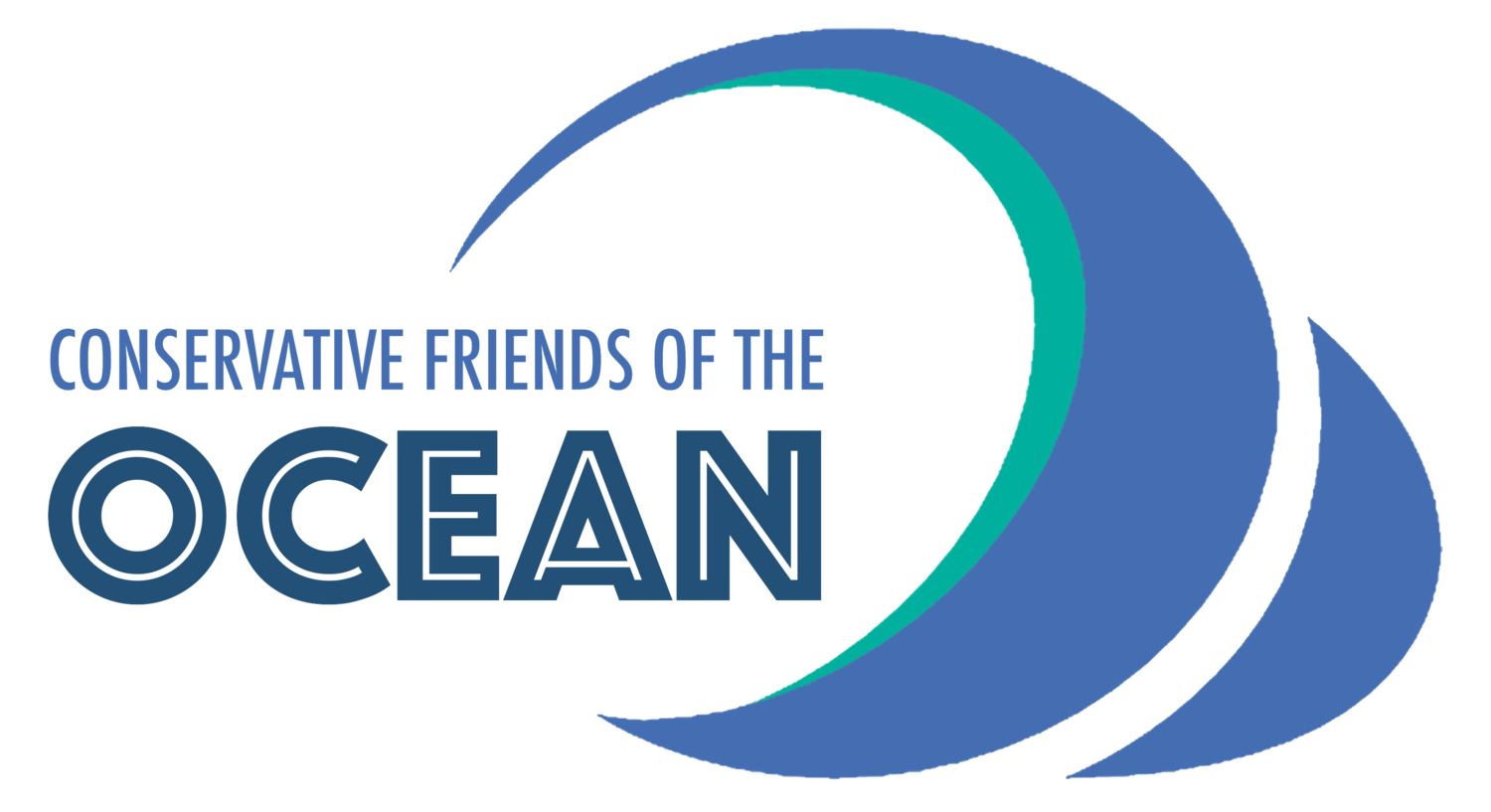The UK still is a global ocean leader. Let’s now shout a bit louder as we lead the charge in protecting our seas.
As a proud island nation, we have always stood out from the rest of the world in the way that we harness the power of the sea. Our fellow nations have historically looked to the United Kingdom and her overseas territories as a pioneering leader in many aspects including discovery, technology, trade and defence that has been proven to drive and strengthen the economy both here at home and across the globe.
The world looks to us again, now, to lead on harnessing the resources our seas offer but also setting an example of how an advanced nation such as ours can continue to grow but without needing to impact negatively on our oceans. However, are we really stepping up to the challenge? Are we showing leadership?
It was only a few weeks ago in June, that more than 150 countries met in Lisbon for the 2022 UN Ocean Summit. The conference, co-hosted by Portugal and Kenya, saw 6000 participants and 24 heads of state attend with the aim of discussing key issues including marine plastics, fisheries, ecosystem protection and ocean acidification among other important matters.
Every time these UN gatherings come together there will be certain countries that stand out from the crowd by making a ground-breaking commitment, in an effort to drive the conversation forward. This year the USA and Norway have announced the “Green Shipping Challenge”, aimed at supporting the shipping sector reduce their emissions. Colombia have proclaimed themselves the first country to have formally protected 30% of their seas as part of the “30x30” initiative, well ahead of the rest of the world; and Fiji and Palau launched an alliance of countries calling for a moratorium on deep sea mining, which was endorsed by French President, Emmanuel Macron, also attending the summit.
These actions show that even if you are a small island state you can have an impact, but where is the UK in all this positive news?
Thankfully the UK also played its part with a number of announcements of its own including the launch of the IUU Fishing Action Alliance, which with the USA and Canada pledges to tackle illegal, unregulated and unreported (IUU) fishing; and the UK membership of the Ocean Acidification Alliance.
Several funding commitments were also made as part of the £500 million Blue Planet Fund, announced last year during the G7 in Cornwall. These commitments, with £43 million to the Ocean-Country Partnership Programme, £36 million to the Sustainable Blue Economies Programme and £7.5 million to the Global Plastics Action Partnership, show the UK is willing to put its money where its mouth is in support for developing expertise and resilience in developing countries and coastal communities.
However, you may be forgiven for not knowing about any of this, or that the UK Government was taking part in the summit at all, because the now former Environment Minister, Rebecca Pow MP, was indeed there, tweeting from the summit, but sadly very little airtime was given to this important meeting.
Overall, our Conservative Government are putting in place some strong ocean-based initiatives, they are working with international partners, and they are putting their money where their mouth is on many critical issues. Does this amount to global leadership? In practical terms yes. Could we be doing more? Always (particularly on domestic sewage outfall). But…are the Government recognised for what they do? You get no credit for leadership if no one knows you’re the leader.
As this Government goes through a change in its own leadership, a renewed focus must be on shouting louder about the positive example the UK is setting for the world when it comes to ocean action. The British public want to hear it, as do the rest of the world who continue to look to us. We talk about net zero and climate action, but the ocean never features, and we’re doing the work.
The UK still is a global ocean leader. Let’s now shout a bit louder as we lead the charge in protecting our seas.



